Although my reading time has been largely diminished, I am still cracking the books every free second I have. Multi-tasking is a forced adaptation when you have multiples so I’ve learned to balance a book while nursing and pumping. Consequently, I finally finished Pollan’s book. And LOVED it. I highly recommend it to all you omnivorous Americans.
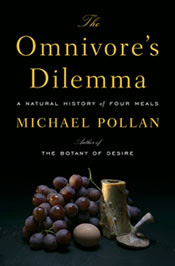
Seems like a simple question. What’s for dinner? But Pollan explores it in such a compelling way you can never ask the question again without some consideration. Pollan sets out on an expedition to follow four American food chains from start to finish. Industrial food, Organic or alternative food, and food we forage (hunt and/or gather) for ourselves. From source to dinner plate Pollan discovers the good, bad, and ugly about American eating habits. (Although he never did determine the true nature of the Twinkie. Anyone?)
Pollan is an elegant writer. I was constantly stumbling over unfamiliar words (which necessitated Webster as a reading companion). But I loved it! Great brain food!
His absorbing narrative takes you from Iowa cornfields (who knew most of our processed food comes from corn, corn, corn and right again – corn!?) to food-science laboratories, from fast food restaurants and cattle feedlots (Ummm. Disgusting!) to the symbiotic pastures of true organic farming, from California’s “industrialized” organic farms to hunting wild boar and foraging for mushrooms in forest burn zones. His journey is understatedly – amazing.
Amazing what we unwittingly ingest – what we don’t know about our food, what we should know about our food, and what we ought to consider when it comes to the political, economic, and even moral ramifications of what we choose to swallow.
Pollan’s investigative journalism makes the book (surprisingly) a page-turner. Don’t be scared off. He’s not a psycho Vegan, nor is his intent to turn you against Cora the cow. He may have you thinking twice about your burger from the Golden Arches but it’s not enough to keep you from a tasty filet mignon at Morton’s now and then.
Pollan’s perspective is objective and revealing. He proffers an uplifting reverence for our dynamic, evolutionary and (lest we forget) dependent relationship with the earth and its plant/animal species.
If you care at all about what you eat – you will devour The Omnivore’s Dilemma. Dinner won’t taste the same after reading it. Soup’s on!

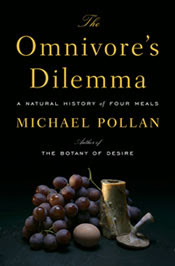
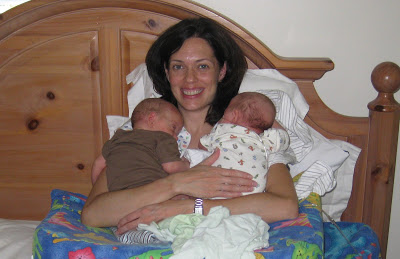
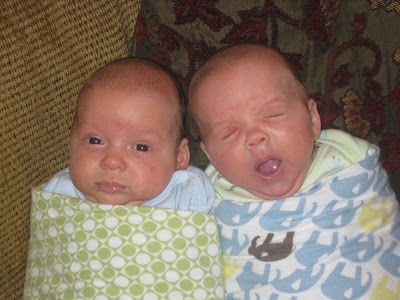
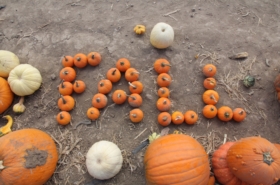

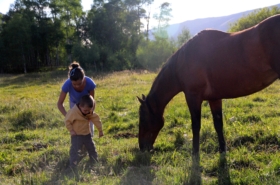
Shells
I recently finished this book as well, and found it very interesting. Dave is reading it now as well. Crazy how much we don't know about our food.
Stephie
Thanks for the review–I'll have to give this book a try. It sounds balanced and informative!